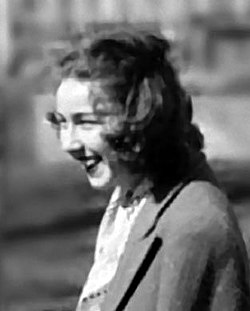Flannery O'Connor Quote
I am often told that the model of balance for the novelist should be Dante, who divided his territory up pretty evenly between hell, purgatory, and paradise. There can be no objection to this, but also there can be no reason to assume that the result of doing it in these times will give us the balanced picture it gave in Dante's. Dante lived in the thirteenth century, when that balance was achieved by the faith of his age. We live now in an age which doubts both fact and value, which is swept this way and that by momentary convictions. Instead of reflecting a balance from the world around him, the novelist now has to achieve one from a felt balance inside himself.
I am often told that the model of balance for the novelist should be Dante, who divided his territory up pretty evenly between hell, purgatory, and paradise. There can be no objection to this, but also there can be no reason to assume that the result of doing it in these times will give us the balanced picture it gave in Dante's. Dante lived in the thirteenth century, when that balance was achieved by the faith of his age. We live now in an age which doubts both fact and value, which is swept this way and that by momentary convictions. Instead of reflecting a balance from the world around him, the novelist now has to achieve one from a felt balance inside himself.
Related Quotes
Who is better off? The one who writes to revel in the voluptuousness of the life that surrounds them? Or the one who writes to escape the tediousness of that which awaits them outside? Whose flame wil...
About Flannery O'Connor
O'Connor was a Southern writer who often wrote in a sardonic Southern Gothic style. She relied heavily on regional settings and grotesque characters, often in violent situations. In her writing, an unsentimental acceptance or rejection of the limitations, imperfections or differences of these characters (whether attributed to disability, race, crime, religion or sanity) typically underpins the drama.
O'Connor's writing often reflects her Catholic faith, and frequently examines questions of morality and ethics. Her posthumously compiled Complete Stories won the 1972 U.S. National Book Award for Fiction and has been the subject of enduring praise.
